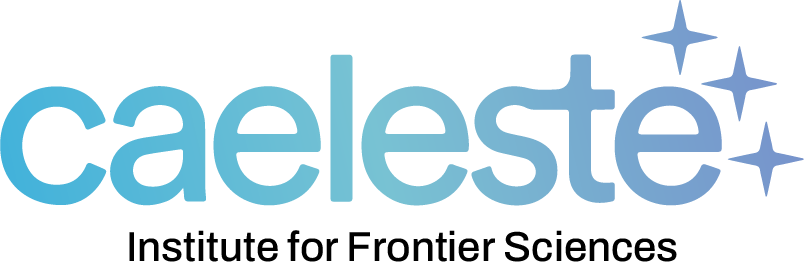Cybercrime & Digital Fraud
Cybercrime and digital fraud have grown into a sophisticated global economy. It is driven by profit, powered by innovation and organised at a scale that spans jurisdictions and industries. What once appeared as isolated incidents of fraud or abuse are now part of interconnected systems of activity that adapt rapidly and exploit weaknesses wherever they find them.
At Caeleste Institute, we are experts in understanding this complexity. Our experience spans economics, criminology, behavioural science and advanced technologies, allowing us to see not only how attacks are carried out but also why they succeed and what makes them profitable. This breadth of expertise provides us with the insight to examine the full array of possible responses, from shaping national policy to guiding industry practice.
A central part of our approach is criminal journey mapping. By analysing the pathways taken by organised groups and individuals—from recruitment and preparation through to the execution of fraud—we identify the most effective points for intervention. We complement this with frameworks such as the Johari Window, which help organisations recognise blind spots in their awareness and anticipate the risks they may not yet see.
We know that meaningful progress requires collaboration between the public and private sectors. We have experience in bringing all relevant institutions and digital platforms together, creating the conditions for intelligence sharing, coordinated response and aligned priorities. This collaboration ensures that efforts to disrupt cybercrime are not fragmented but mutually reinforcing across national systems.
Our work also includes the design and deployment of risk engines and detection systems that draw ethically, lawfully and proportionally, on data at scale. By combining people, process and technology to provide actionable and timely intelligence, these systems can expose hidden relationships between accounts, entities and transactions, highlight anomalies that signal organised campaigns, and give decision-makers the foresight to act before losses escalate.
Alongside these operational capabilities, we conduct research in crime prediction and fraud intelligence. We build models that forecast emerging behaviours, support national-level awareness programmes to reduce susceptibility to social engineering, and develop methods to counter large-scale disinformation and media manipulation. In doing so, we strengthen both institutional resilience and public trust.
Through engaging with the Caeleste Institute, organisations gain more than advice. They gain access to proven expertise, a clear understanding of the evolving threat landscape, and the capability to build lasting resilience against one of the most pressing challenges of the digital age.
